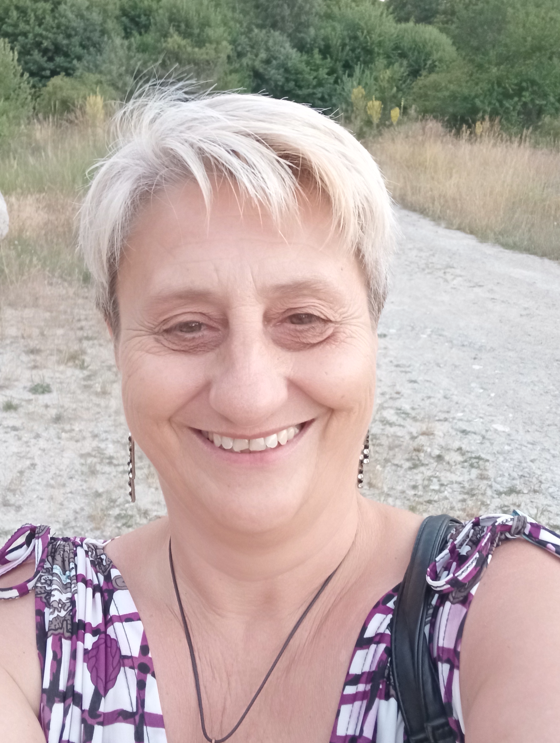Embracing Life: A Reflection from the Life Worth Living Programme

The Life Worth Living (LWL) programme recently piloted in Bulgaria has brought together educators, philosophers, and participants from various walks of life, encouraging them to reflect deeply on what makes life meaningful. One of the participants, Nina Sarieva, a passionate teacher, shared her poetic journey through this process. Her poem, "ОБИЧАЙ" (Love), stands as a heartfelt reflection of her experiences with the programme.
Through the LWL programme, Nina discovered that life’s journey is a mixture of joy and sorrow, constantly evolving and offering new challenges. Yet, the programme helped her find hope amidst this complexity, realizing that life is most meaningful when embraced fully, even during hard times. Her poem reflects this understanding, as she explores the idea of loving life despite its struggles, offering it kindness, and recognizing it as a precious gift. The lessons she learned through LWL, such as the importance of resilience, hope, and living with intention, now resonate not only in her personal reflections but also in her work as a teacher.
Take a moment to enjoy Nina’s poem:
LOVE
Slowly, slowly life changes us all,
it intertwines paths, leaving others alone.
We laugh with joy and cry when we are sad,
we waste away in sorrow or move in circles.
But deep in our soul, we hide hope
and seek a direction that leads us upward.
Life is beautiful, life is colorful, my friend!
Even when it tugs at you, even if you live with hardship,
live it openly, don’t let it slip away,
and offer it care when you hear it groan.
It hides in its hands a thousand absurd reasons
for the heart to beat, wrapped in countless scratches.
It teases, it twists, it shows its wolfish teeth,
but love it! It is a gift, precious and dear!

Funded by the European Union. Views and opinions expressed are however those of the author(s) only and do not necessarily reflect those of the European Union or the European Education and Culture Executive Agency (EACEA). Neither the European Union nor EACEA can be held responsible for them.